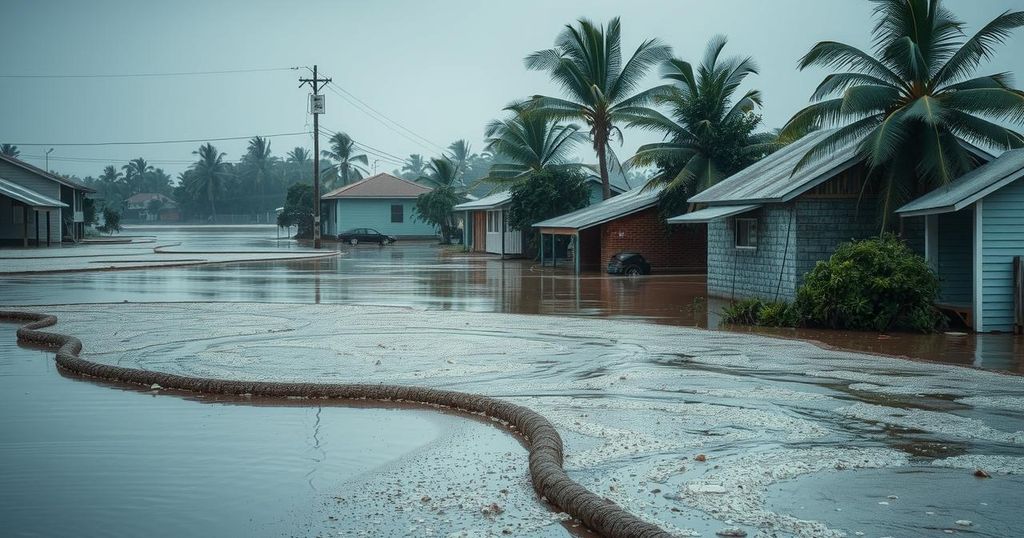Death Toll from Cyclone Chido Reaches 94 in Mozambique

Cyclone Chido has resulted in 94 deaths in Mozambique and 13 in Malawi, causing injuries to over 800 people and affecting around 622,000 residents. The cyclone destroyed or damaged 140,000 homes, 52 health centers, and 250 schools as it swept through the region starting December 14, 2022.
As reported on Sunday, the death toll from Cyclone Chido in Mozambique has tragically increased to 94 individuals. According to the National Institute for Disaster Risk Management and Reduction (INGD), the cyclone made landfall along the Indian Ocean coastline on December 15, unleashing wind gusts of up to 260 kilometers per hour. The storm injured 768 people and left approximately 622,000 residents affected, causing extensive destruction, including the damage or destruction of 140,000 homes, 52 healthcare centers, 89 public buildings, and 250 schools.
In neighboring Malawi, the Department of Disaster Management Affairs (DoDMA) has reported that the cyclone has claimed the lives of 13 individuals since its arrival on December 15, injuring 30 additional people and impacting over 35,000 residents. Cyclone Chido first struck the French territory of Mayotte on December 14, before causing widespread devastation across Mozambique, Malawi, and Zimbabwe, which are particularly vulnerable to climate-related disasters.
Cyclone Chido is a severe weather event that has brought considerable destruction to the southern African region, particularly affecting Mozambique and Malawi. The cyclone’s unprecedented wind speeds and the scale of the damage underscore the devastating impact of climate change-related phenomena in these countries. Given the geographical vulnerabilities and socio-economic status, communities are ill-prepared for such natural disasters, leading to high casualty figures and extensive property damage. Effective disaster management strategies are critical to mitigating the effects of such storms in the future.
In summary, Cyclone Chido has had a devastating impact on Mozambique and Malawi, resulting in substantial loss of life and widespread destruction. The dramatic increase in both the death and injury tolls highlights the need for enhanced disaster preparedness and response strategies in these vulnerable regions. The extensive damage to homes, healthcare facilities, and educational institutions underscores the broader challenges faced by affected communities as they seek to recover and rebuild.
Original Source: www.aa.com.tr







